Commit to Lifelong Learning
"perpetuam uitae doctrina!"
"Live as if you were to die tomorrow.
Learn as if you were to live forever." Mahatma Gandhi.

Music is Food for the Soul!
Enrich Your Life! We are here to point you in the right direction and cheer you on.
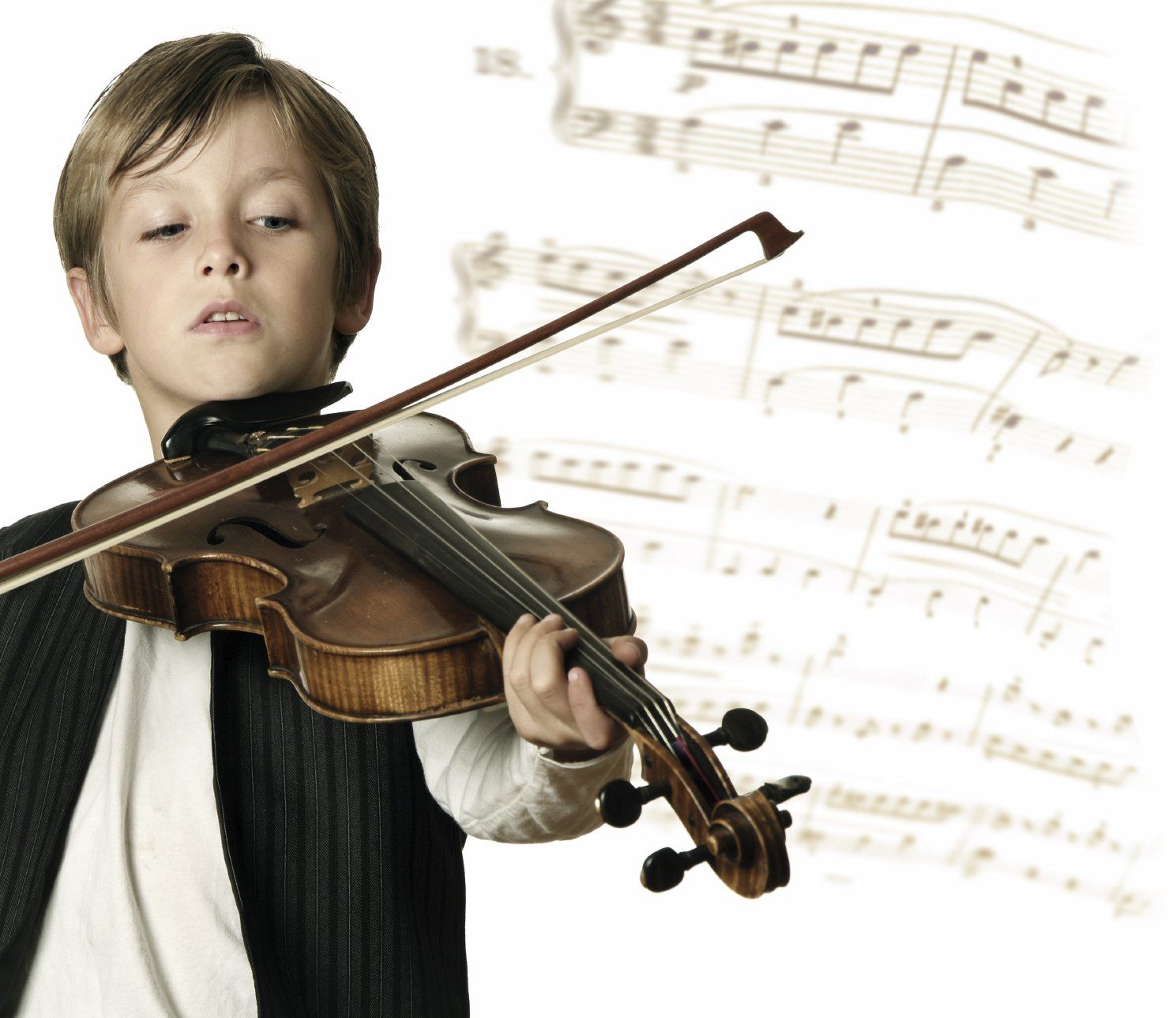
Why not Learn to Play a Musical Instrument?
You can do it! It is worth a try!

Percussion instrument
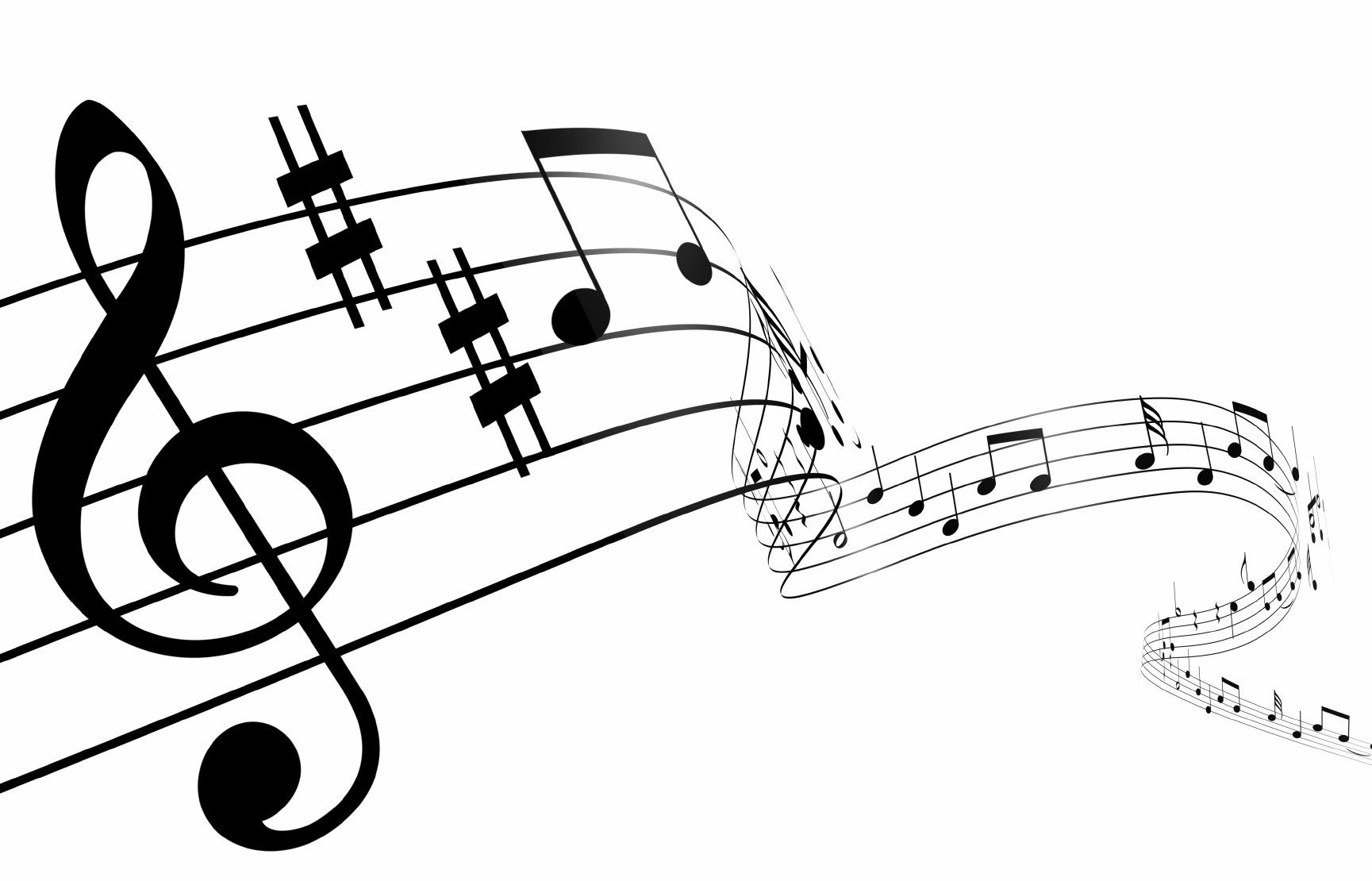
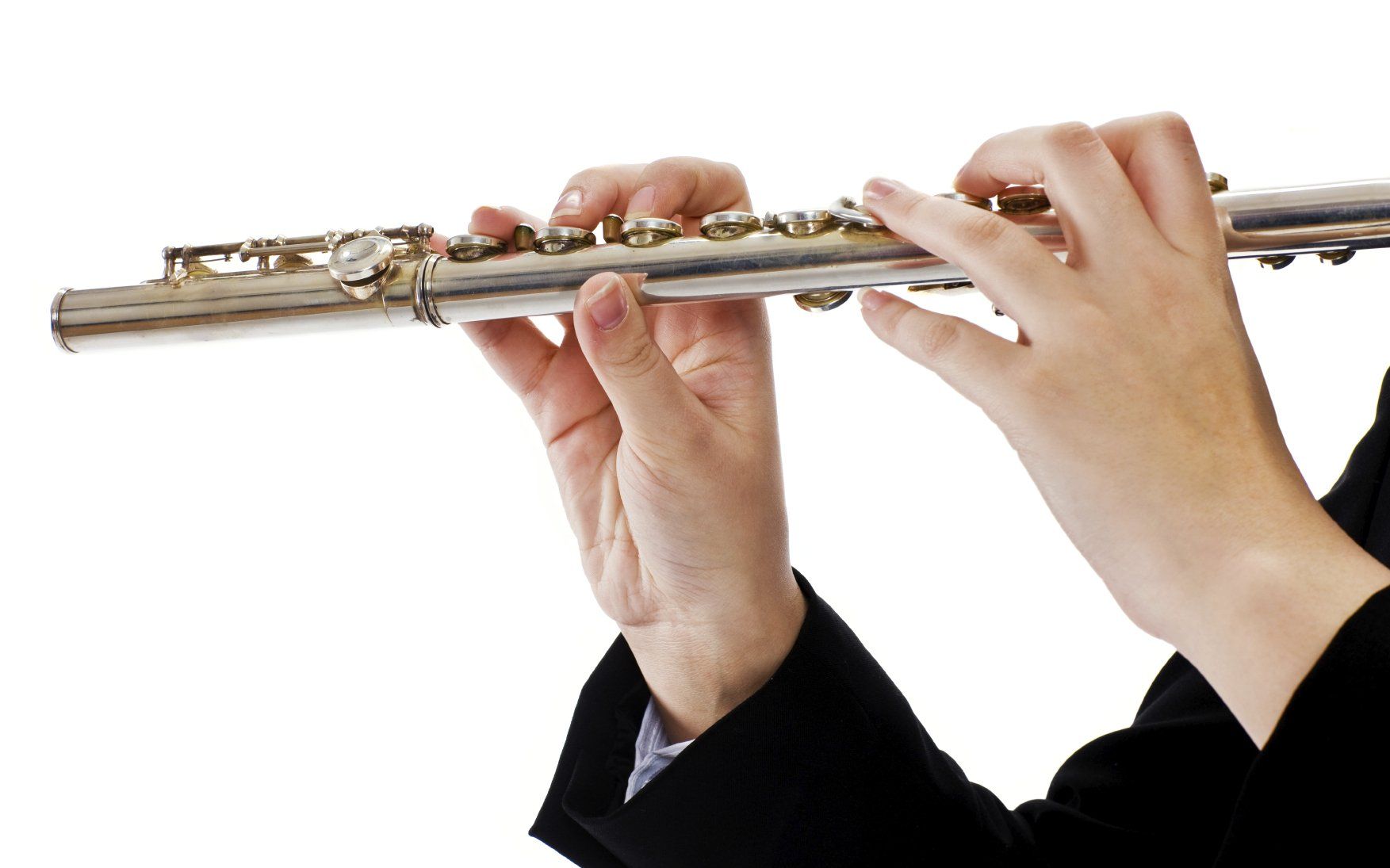
Wind instrument
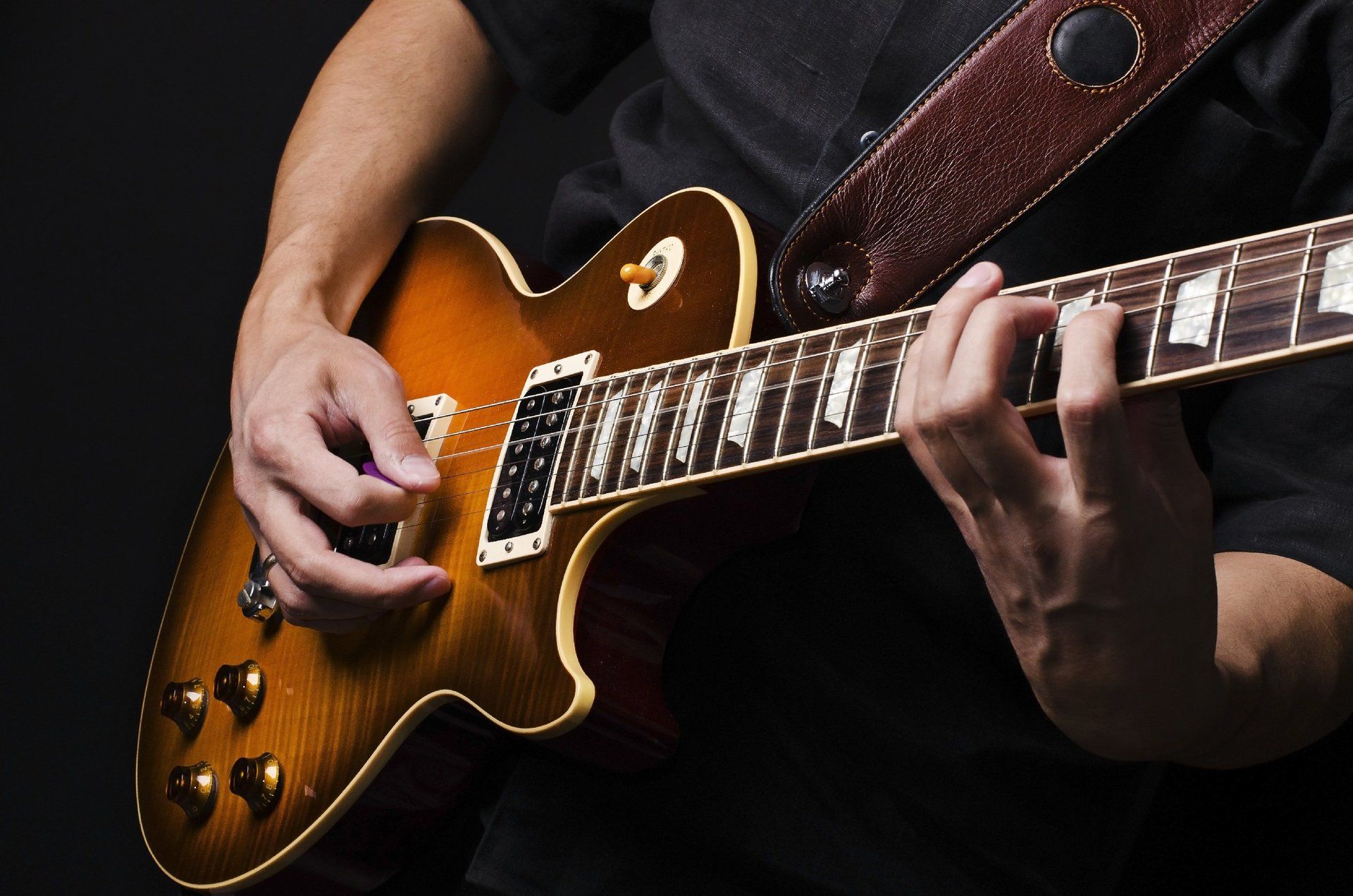
String instrument
Lifelong Learning:
The Brain-Health Benefits of Learning to Play a Musical Instrument
Lifelong learning is one of the best ways to keep your brain healthy and functioning well as you age.
One of the most exciting and engaging activities for brain health is learning to play a musical instrument. From increased creativity to improved memory, there are countless benefits to making music a part of your life.
In this article, we'll explore the brain-health benefits of learning to play a musical instrument, so you can make an informed decision on whether it's right for you.
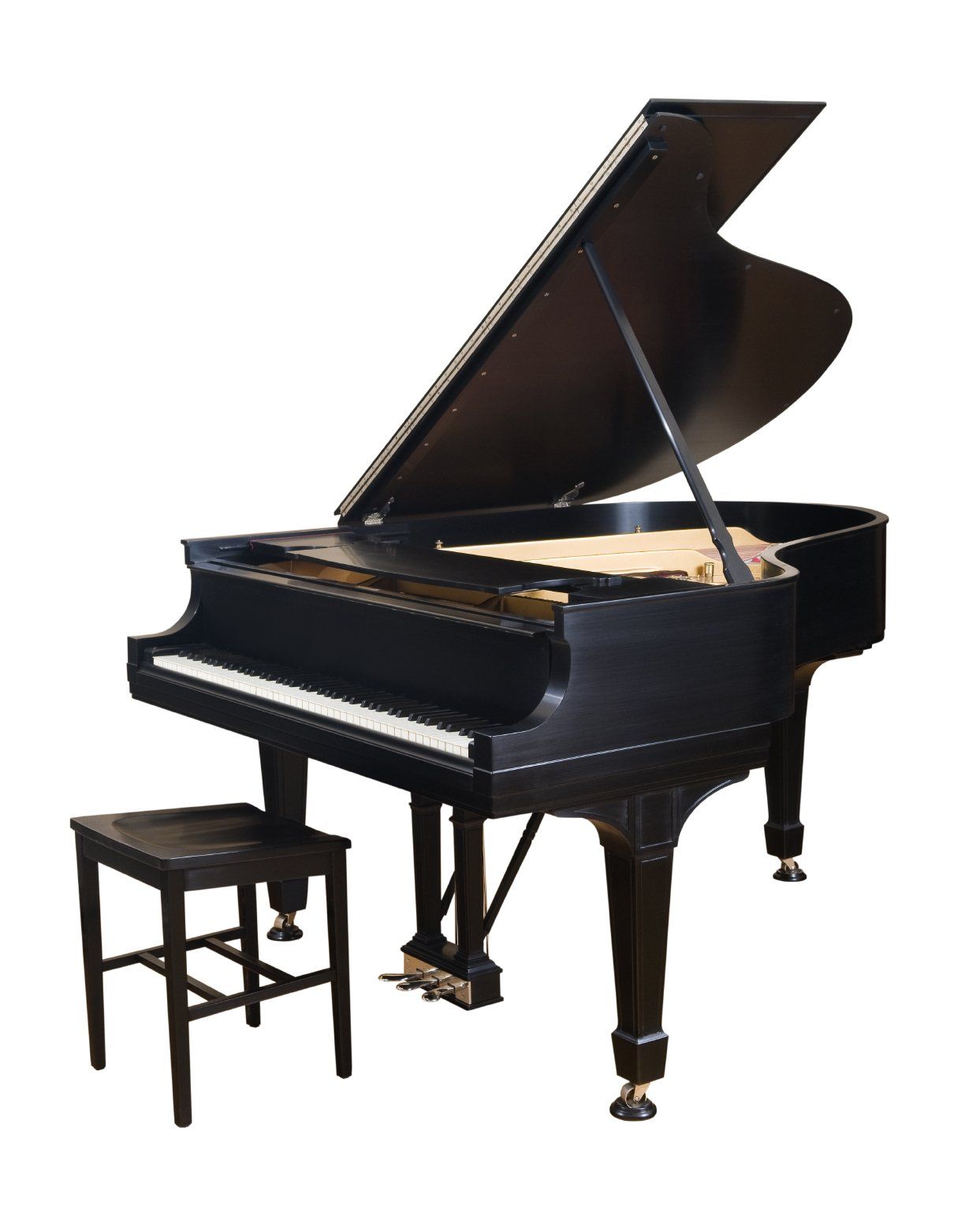
The Joy of Making Music
Music is an incredibly powerful tool that brings mental, cognitive, and emotional health benefits.
Learning to play a musical instrument can help boost self-confidence, enrich your life, and even entertain others. It has been found to help with physical benefits such as deep breathing, immune response, stress relief, fine hearing, exercise, and posture.
Additionally, there are many mental benefits to playing music, including improved mental performance and memory, and the potential to help a patient's brain recover from a stroke or slow the onset of dementia and Alzheimer's disease.
Not only does learning to play an instrument bring great physical and mental health benefits, but it can also bring joy to others.
Music has often been described as food for the soul and can create strong emotional connections between performer and listener. It is a great hobby that can bring pleasure to the player as well as those who listen.
Whether you are playing alone in your living room or entertaining a crowd at a concert hall, playing a musical instrument can help you express yourself and make memories that will last a lifetime.
The Brain-Health Benefits of Learning to Play a Musical Instrument
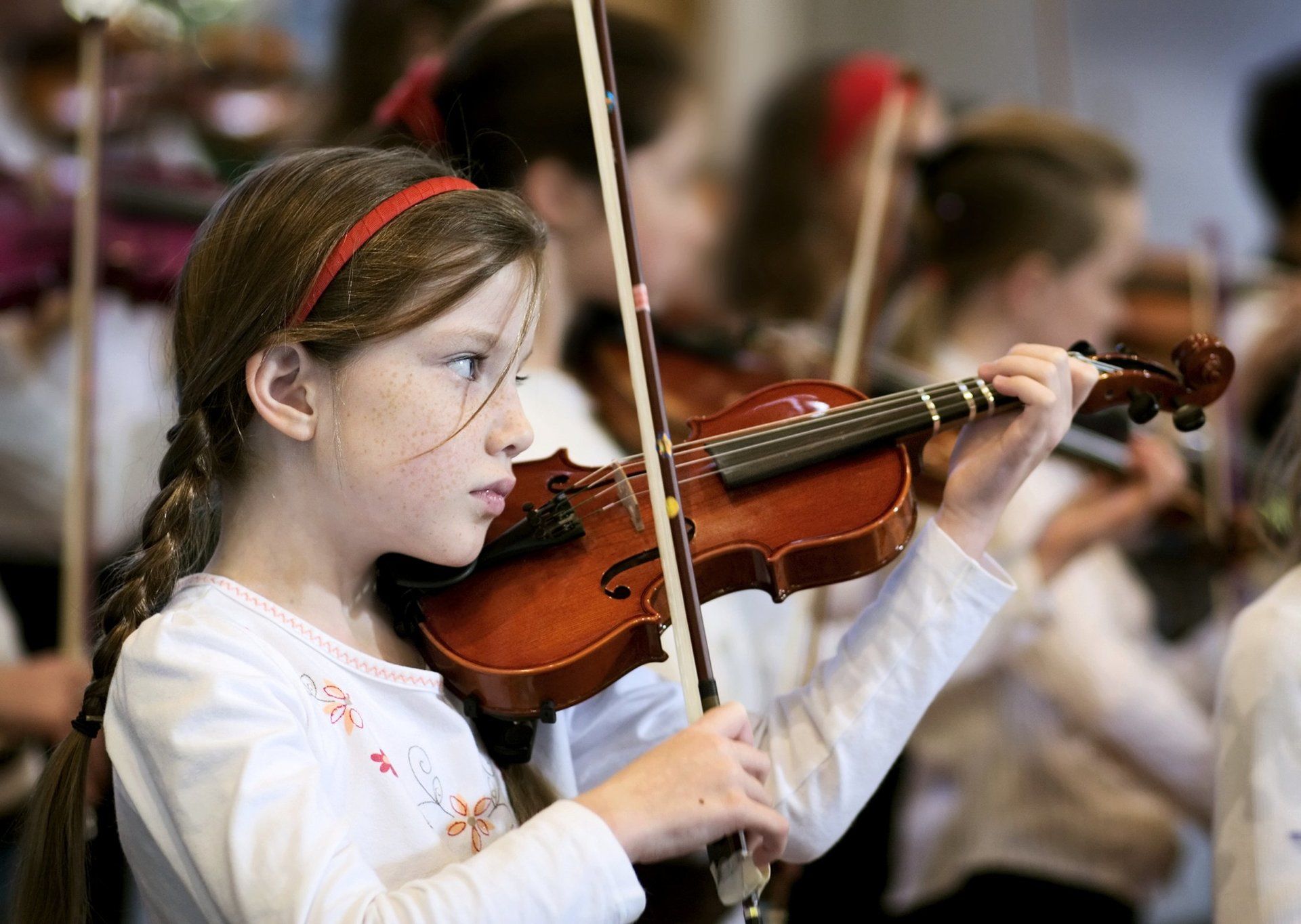
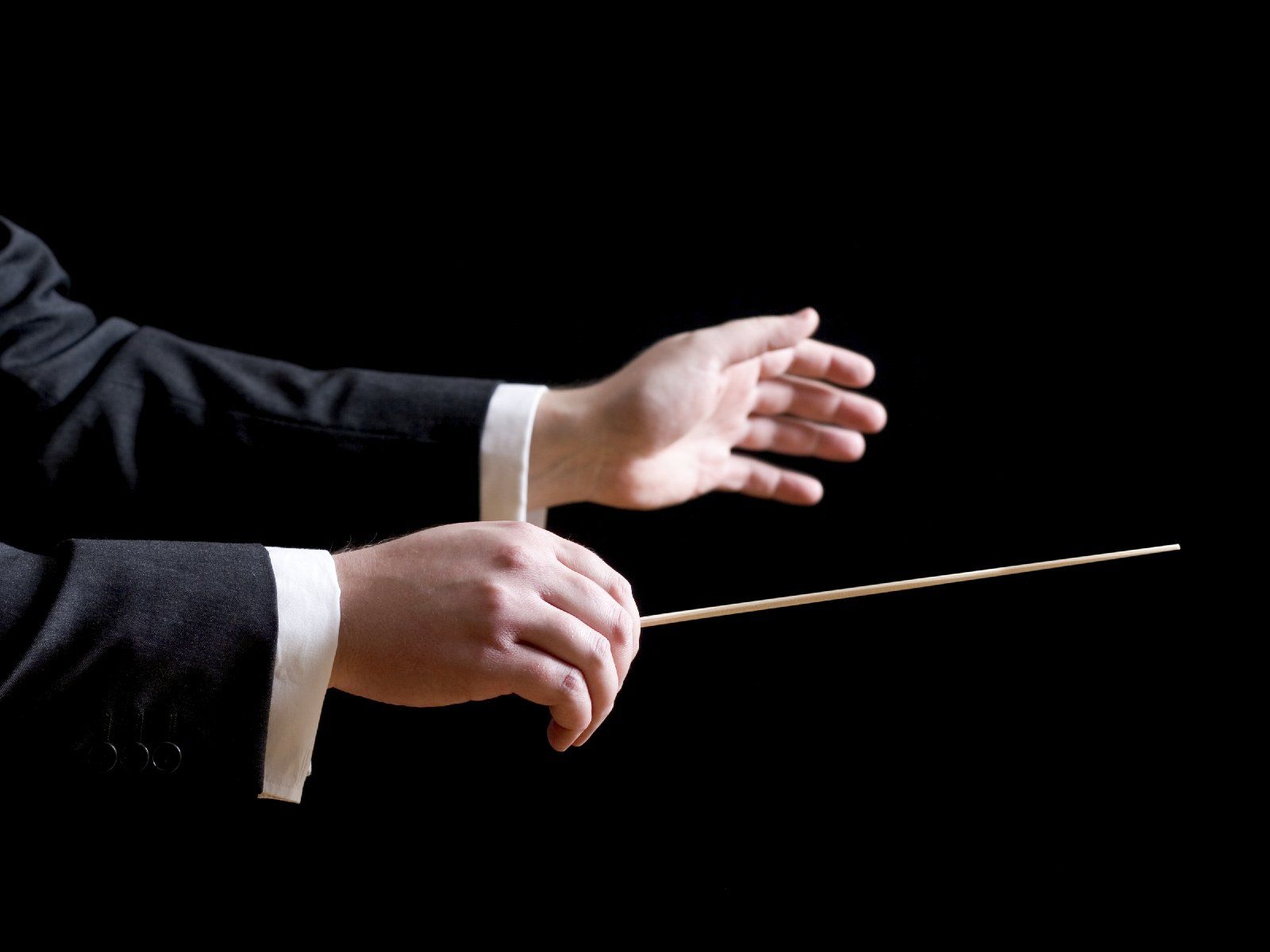
A Simple Classification of Musical Instruments
There are scores of different, unique, musical instruments around the world. The classification of these instruments is a somewhat complex discipline. A discussion of the many methods of classifying musical instruments is beyond the scope of this article. However, most classification methods will contain the three primary instrument classes (wind, string and percussion), mentioned below.
Basic Classification of Musical Instruments
-
Wind InstrumentsList Item 1
Wind instruments are some of the most iconic and recognizable instruments used in music today. From the bright, piercing sound of a trumpet to the warm, mellow tones of a French horn, the sound of wind instruments can be heard in virtually every musical genre.
Whether you’re a musician looking to expand your repertoire or just a casual listener looking to learn more about these instruments, this guide is sure to give you all the information you need. Let's explore the different types of wind instruments, their sounds, and how they’re used in various genres of music.
-
String InstrumentsList Item 2
The sweet, soothing sounds of string instruments have been captivating listeners for centuries. From the gentle strumming of a guitar to the classical melodies of a violin, string instruments have been used to create some of the most beautiful music ever written. Let us take a closer look at the history and science behind these stringed sounds.
From the physics of sound waves to the history of different types of string instruments, we will uncover the secrets behind these amazing instruments. So, join us as we unravel the secrets of stringed sounds!
-
Percussion InstrumentsList Item 3
A percussion instrument is any type of musical instrument that is played by striking, shaking, or rubbing it to produce sound. Percussion instruments are a vital part of many music genres and have been used in music for thousands of years.
There are many different types of percussion instruments, from small handheld instruments like shakers and tambourines to large drums and cymbals. Some percussion instruments are tuned to specific notes, while others produce a range of pitches.
-
Keyboard Instruments
Are you a music enthusiast looking to explore the world of keyboard instruments? You've come to the right place! We will explore the fundamentals of some of the most popular keyboard instruments, such as pianos, organs, and synthesizers. We'll discuss their characteristics, origins, and functionality, and provide an introduction to these instruments. With our guide, you'll be able to make an informed decision when it comes to selecting the perfect instrument for you. So, let's get started!

TRY A FREE MUSIC COURSE:
Fundamentals of Music Theory
This free course on the "Fundamentals of Music Theory" is offered by the University of Edinburgh, and hosted on the Coursera.com online learning platform.
This is a "Beginner Level" course and no previous experience is required. The duration of the course is approximately eleven hours.
"Learn at your own pace."
Here is a preview of the topics covered in this course:
- Pitches, Scales, Modes and Chords
- Keys, Minor Scales, Intervals and Clefs
- Rhythm and Form
- Harmony 1: Functional Harmony
- Harmony 2: Inversions, Cadences and Sequences
- Harmonic Analysis Practice and Final Exam.
You will earn a "career certificate" on successful completion of this course.

